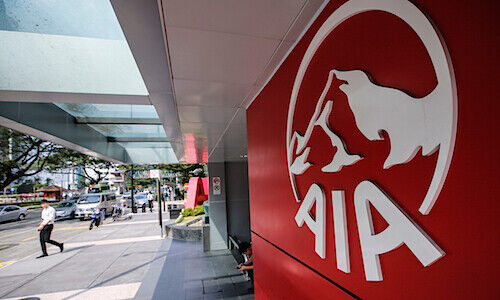Singapore’s deputy prime minister Heng Swee Keat called for continued cooperation between U.S. and China and urged ASEAN countries to stand as one to overcome economic and political challenges.
«The global order is going through choppier seas. The foremost issue is the strategic comp between the U.S. and China,» said Singapore’s deputy prime minister and minister for finance Heng Swee Keat during Credit Suisse’s 2021 Asia Investment Conference.
«This is not a new phenomenon but it has been accentuated by Covid-19.»
More Dialogue Needed
While Heng noted that any fractures in U.S.-China relations would be «hugely de-stabilizing» for Asia, he was positive on their outlook, highlighting the recent Alaska talks as a sign of progress despite the harsh exchanges between Washington and Beijing.
«Despite the tough rhetoric, it is a step in the right direction,» Heng said, underlining the need for dialogue and continued cooperation. «It is important that they persevere; maintain open channels of combinations; find a way forward to deal with their differences; and manage their tensions and frictions.»
In addition to U.S.-China tensions, Heng also highlighted the military crackdowns in Myanmar, saying that he was «appalled» and called for a return to a democratic transition.
ASEAN Centrality
Although Heng wished for continued peace and stability in Asia, he also noted that countries in the region must prepare and equip themselves to deal with risk scenarios. He called ASEAN nations, in particular, to not only unite but to remain open to working with any partners, be it U.S., China or others.
«We must continue to work as one ASEAN and to advance our collective interests,» he explained. «It is not a question of choosing sides but of retaining our ability to make choices for ourselves. This is what 'ASEAN centrality' is about.»
Heng highlighted foreign recognition for the concept of ASEAN centrality including the U.S., China and the Quad – a four-country coalition that includes the U.S., Australia, India and Japan.
Financial Sector Role
Heng noted that regional integration will require financial sector support and he highlighted various examples including greater enhancements in cross-border digital payments as well as maintaining openness and inclusiveness to attract capital for infrastructure investments.
For Singapore specifically, he stressed the need to maintain an internationally trusted banking system and welcomed institutional investors and family offices worldwide.
«Beyond the navigating the shifting geopolitical times, all countries in Asia must take collective action to make the most of its sound fundamentals and promising opportunities,» Heng said. «The stability of the region must not be taken for granted.»


























